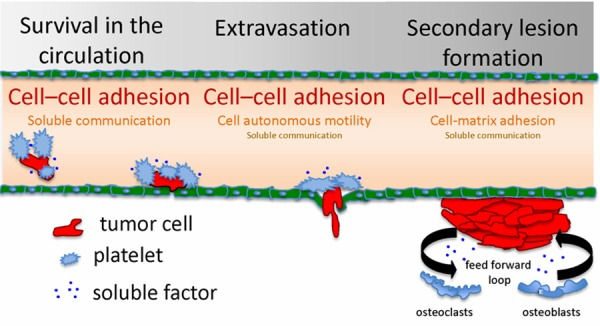Metastasis as a therapeutic target in prostate cancer: a conceptual framework

Abstract
Metastasis is the main cause of prostate cancer-associated deaths. While significant progerss has been made in the treatment of primary tumors, efficent therapies that target the metastatic spread of prostate cancer are far from clinical reality. To efficiently treat cancer we need be able to impede its spread. Unfortunately, the majority of current therapeutics approved to treat metastatic cancer were originally selected based on their ability to inhibit primary tumor growth. This inherent flaw precluded these therapies from efficiently targeting the development of secondary metastatic lesions, a process that is distinct from that of primary tumor progression. In this review we will summarize the conceptual, cellular and molecular targets that should be considered to design effective anti-metastatic therapies.
